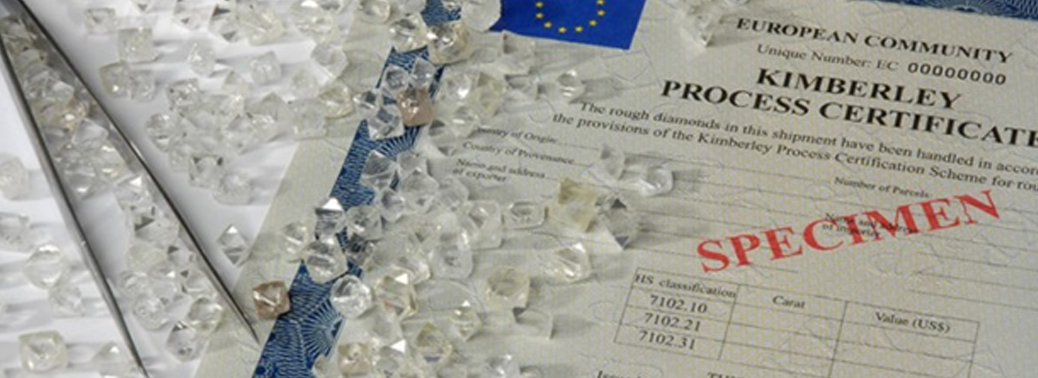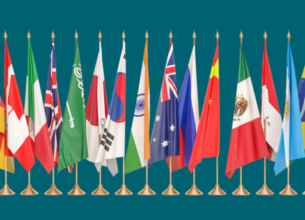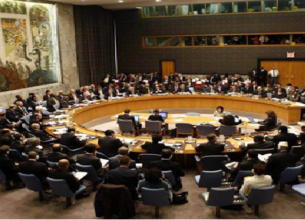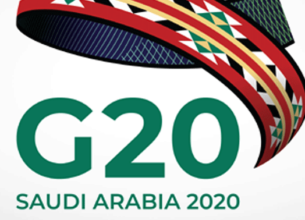KIMBERLEY PROCESS CERTIFICATION SCHEME
20, Nov 2019

Prelims level : International Institutions
Mains level : GS-II Important International Institutions.
Why in News?
- The Plenary meeting of the Kimberley Process Certification Scheme (KPCS) is being hosted by India.
Highlights:
- India is the present Kimberley Process (KP) Chair.
- The plenary is being hosted in New Delhi in November 2019.
- India took over the chair of the KP in the previous plenary which was held in Belgium in 2018.
- Chair for 2019 – 20 is India and Vice Chair is Russia.
- India had earlier chaired KPCS in the year 2008.
Kimberly Process:
- The Kimberley Process (KP) is a commitment to remove conflict diamonds from the global supply chain. KP claims its participants actively prevent 99.8% of the worldwide trade.
- The KP is a multilateral trade regime established in 2003 with the goal of preventing the flow of conflict diamonds. It was established by the United Nations General Assembly (UNGA).
- The KP unites governments, civil society and the wider industry.
- The core of this regime is the Kimberley Process Certification Scheme (KPCS) under which States implement safeguards on shipments of rough diamonds and certify them as “conflict free”.
- India is a founding member of the KPCS.
- Under the terms of the KPCS Participants Must:
- Satisfy ‘minimum requirements’ and establish national legislation, institutions and import/export controls.
- Commit to transparent practices and to the exchange of critical statistical data.
- Trade only with fellow members who also satisfy the fundamentals of the agreement.
- Certify shipments as conflict-free and provide the supporting certification.
- The idea behind these terms is to ensure that there is no market for conflict diamonds.
- There are 54 member countries in the KP which includes the European Union (EU) counted as one member.
The KP is also described in UNSC Resolutions.
- In accordance with the KP Core document, the work of the Kimberley Process is carried out through its seven Working Groups and Committees, which discuss issues on regular basis through teleconferences and exchange of mails, and meet twice in a year for in-person meeting at Intersessional and Plenary meetings organized by the Chair.
- The KPCS works on the principle of consensus and all the decisions are taken in the plenary session or through written procedure unanimously by All Members.
Conflict Diamonds:
- The KP defines conflict diamonds as: ‘rough diamonds used to finance wars against governments’ – around the world.
- They are diamonds sold by rebel movements or illegal authorities to finance their conflicts and wars against legitimate governments.
- In 1998, certain rebel movements in Africa (Sierra Leone, Angola, D.R. of Congo, Liberia) were selling, among other things, illegally obtained diamonds (conflict diamonds) to fund their wars against legitimate governments.
- Many of these rebel movements use child soldiers in their wars/conflicts.
Diamond Industry in India:
- Currently, India exports around USD 24 billion cut and polished diamonds.
- It is expected that India will reach an export target of USD 1 trillion in the coming years and the gem and jewellery sector, particularly cut and polished diamonds will contribute significantly to achieve this target.
- The importance of KPCS is immense to India as more than one million people are directly employed by the diamond industry.The Department of Commerce is the nodal Department and the Gem & Jewellery Export Promotion Council (GJEPC) is designated as the KPCS Importing and Exporting Authority in India.
- GJEPC is responsible for issuing KP Certificates and is also the custodian of KP Certificates received in the country.











